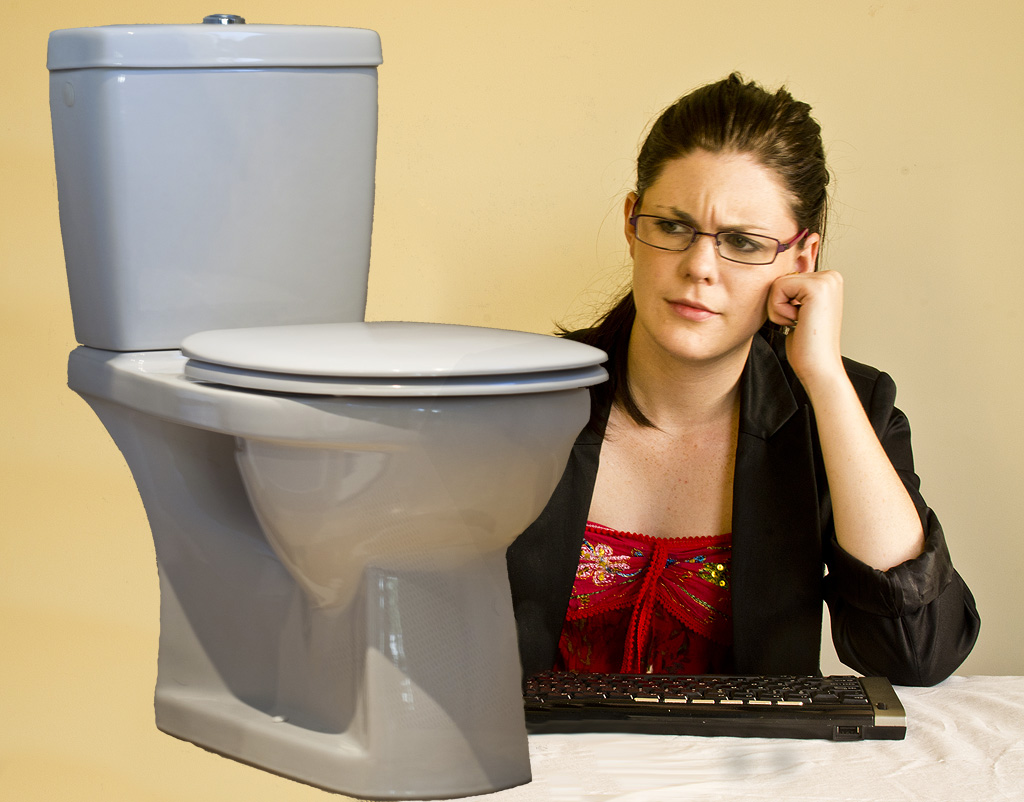
No. 1. Food equals bloating.
After you eat, does your stomach blow up and become taut as if it contains a football? If you poke it, is there very little give, only resistance? Your clothes become tight around the waist within a few minutes of eating. And it hurts.
No. 2. Healthy food seems to aggravate the problem.
Many doctors have told you to eat more vegetables, fruit and whole grains so you can increase your fibre levels. But this makes you bloat worse than ever and gives you even more discomfort.
No. 3. You are lactose intolerant but…
The elimination of dairy hasn’t solved all your problems. You know it has been a good move but why do you still get bloated and need to use the toilet more often than you would like?
No. 4. You can’t identify the culprit(s).
Can you eat a particular food in the morning but the same food in the afternoon causes problems? Have you tried eliminating individual food groups without really improving things a lot? Are you totally confused about what foods really are the culprits even though you suspect some are not good for you? Maybe you have tried every food intolerance theory going but with little to no success? Food in general feels like your enemy.
No. 5. Doctors don’t help.
This relates to No.2. You have spoken to the doctor(s) many times over the years and tried desperately to explain the issues but they all give you the same advice (more fruit, veges and fibre), which only makes you feel worse. They use the irritable bowel syndrome diagnosis loosely which only manages to depress you.
No. 6. You have a love/hate relationship with the toilet.
You have inconsistent toilet habits. Maybe you go four times a day because of diarrhoea, maybe you find it hard to go even once a day because of constipation. Maybe you often feel the urge to go but little happens in the toilet apart from the passing of wind. Is the feeling of incomplete evacuation of the bowels an issue?
No. 7. You feel better after going to the toilet.
You rush to the toilet in pain and with a feeling of urgency. You may have diarrhoea or pass just a small motion but afterwards you feel relief from symptoms for several hours. But then you eat and it comes back.
No. 8. Your digestive system rules your life.
You make decisions based on the accessibility of a toilet. Going on holiday with other people with a shared bathroom is a nightmare. Travelling to out-of-the-way, exotic locales with limited toilet facilities is a dream tainted by major concerns. Accepting a job in a small firm with one shared toilet is probably not feasible.
These all could add up to malabsorption of the FODMAPs in food. FODMAPS are present in almost all foods to some degree apart from protein meats and fat. That is why you can’t identify individual foods with ease. You can’t stop eating everything else so it becomes a matter of eliminating some foods and managing the rest. This is not simple, but with help you can achieve it. For a more in-depth explanation of what FODMAPs are, see this page. I will continue this dialogue next week.

The 8 Symptoms of FODMAP Malabsorption explained
So what foods can I eat on a low FODMAP diet?
Irritable Bowel Syndrome and the Missed Moments of my Life
Chocolate and Stress? Contributors to Irritable Bowel Syndrome?
Three Mistakes you’re probably still making on the low FODMAP diet
Sign up to receive my newsletters and get My 6 Tips to Prevent Bloating
![]() I may collect and process your data according to the terms of my Privacy Policy
I may collect and process your data according to the terms of my Privacy Policy



